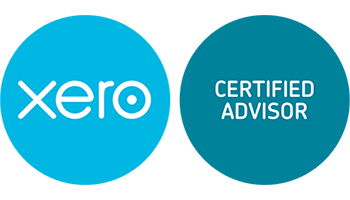Do you run a home business?
What can you claim to reduce your tax?
When you operate a home base business and you have set aside part of your home exclusively for the purpose of conducting your business activities, your home is your principal place of business and you may be entitled to claim a Tax deduction for both business related occupancy expenses and running expenses.
Examples of businesses operated from home include:
- a doctor or a dentist who run their surgery or consulting room at home.
- a small business operator who operates their main office in their home
- a tradesperson or craftsperson who operate their workshop at home
If you only do some business or work from home, in either a specific work area or another part of your home, it may not qualify as a place of business, however you might be eligible to claim only additional Working from home related running expenses. Taxation Ruling TR 93/30 – Income tax: deductions for home office expenses outlines the income Tax deduction for Home Office expenses.
Deductions you may claim when your home qualifies asyour principal place of business:
Occupancy expenses which can include:
- Rent paid or interest on mortgage
- Council rates
- Insurance
To work out how much Tax deduction you can claim, a common method is to apportion expenses on a floor area basis, for the specific area set aside as a place of business, and apply the percentage resulted to the actual costs. You need to be aware that if you own your home, when you claim occupancy expenses, they will likely have CGT (capital gain tax) implications in the future. We strongly advise you to seek professional advice from a qualified Tax Accountant for these complex Tax implications.
Running expenses may include:
- Utilities expenses like gas and electricity – calculated based on actual usage and apportioned between private and business.
- The cost of business phone –apportioned between business and private.
- Depreciation of office plant and equipment like printer, shelves, chairs, desks, computers, apportioned between business and private use.
- Depreciation of business related curtains, carpets and light fittings.
- Leasing charges and repairs to furniture and furnishings in the office.
- Cleaning for business related area.


